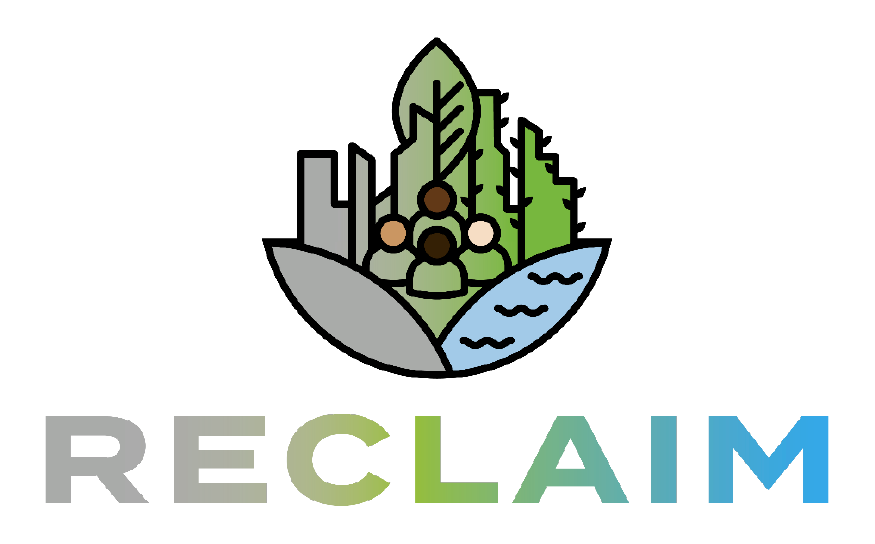Transforming Cities with Green Spaces
On Monday, 1st July, the University of East London’s Royal Docks Centre for Sustainability hosted a workshop titled "Transforming Cities with Green Spaces: Benefits, Justice, and Reflections." The workshop aimed to provide an immersive experience focused on maintaining, preserving, and promoting green spaces in cities, particularly domestic gardens. The day consisted of various interactive activities and insightful sessions designed to deepen our understanding of the multifaceted benefits of green spaces.
This workshop brought together a diverse group of participants, including residents, council authorities from Southwark and Haringey, and landscape students passionate about enhancing urban environments through green spaces.
The day started with an introduction from the Director of the Sustainability Research Institute (SRI), Associate Professor Stuart Connop, followed by an introduction from the RECLAIM Network, given by Professor Prashant Kumar, University of Surrey.
The workshop began with an "Emotional Mapping" activity, which encouraged participants to contemplate the personal significance of nature and gardens. This exercise, led by our collaborator Dr Dimitra from EmPath-a non-profit organisation spinning out from H2020 Project Connecting Nature - set the tone for the day, fostering deeper connections and relationships to nature.
In the second session, participants were introduced to the impacts of air pollution and the ways different domestic garden designs can mitigate pollution and regulate temperatures. The Clean Air Garden Project, led by the SRI and funded by the RECLAIM Network Plus, presented its results promoting the creation of more green front gardens in our cities. After this introduction, our guest speaker Jason Williams from Cloud Gardener UK, emphasized that gardens can be created not only on the ground but also at elevated heights in urban environments. His talk highlighted innovative approaches to keep greener our balconies and was truly inspiring.
Additionally, participants engaged in a third session that focused on the value of nature and its benefits beyond just the environment. The session highlighted the importance of green spaces in urban areas and the various values associated with nature.
We ended the day with a thought-provoking discussion on how green spaces, gentrification, and social justice intersect. Participants shared insights and debated the effects of urban greening on social equity, gaining a comprehensive understanding of the challenges and opportunities in this field. London maps showing levels of deprivation were provided so that participants could see how green areas might affect neighbourhood gentrification.
The workshop was a valuable platform for participants to reflect individually and collectively on their relationship with urban nature. Thank you to everyone who made this workshop a success, and let's keep the momentum going and continue transforming our cities into greener spaces!
This workshop was supported by the UKRI-funded RECLAIM Network Plus grant (EP/W034034/1).
By Dr Karina Corada Perez, Sustainability Research Institute, University of East London



